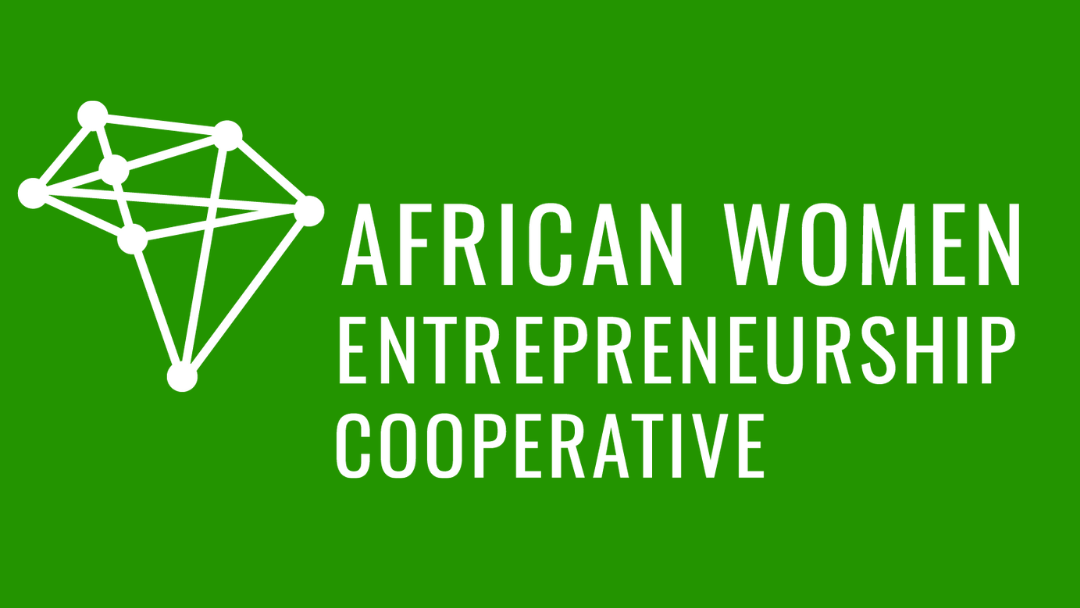Operational Resilience and Customer Focus: A Strategy for Business Continuity
Pyemwa Deshi (Back, Centre in blue) with pupils at Yunik Schools
One thing that Africa’s citizens have in spades is the heart to start businesses. According to the African Development Bank, 22% of Africa's working-age population are starting their own businesses, and 27% of the female adult population is engaged in early-stage entrepreneurial activity. African women make up the majority of entrepreneurs on the continent yet their businesses are generally less profitable and provide fewer jobs than those of males. Overall, Sub-Saharan Africa also has the highest small business discontinuance rate of 8.4%. So what’s the problem?
While Africa boasts a hive of entrepreneurial ventures, the biggest problem facing African entrepreneurs is a lack of business skills. Many businesses in Africa are started out of necessity and are ill-equipped to grow much less scale.
Then COVID-19 came along and revealed further cracks in the system. With the world in lockdown, many of the effects of the virus were compounded for women-owned Small and Medium-Sized Enterprises (SMEs) in Africa as they often rely on in-person transactions and informal economies, or they tend to be concentrated in industries with lower profit margins.
Building a business is tough and founders need some core skills in their toolkit: business strategy, management, leadership experience, and self-confidence. Maintaining a business in the midst of a crisis also requires grit, resilience, and a willingness to embrace innovation, particularly in the area of customer sentiment and behavior! The African Economic Outlook 2017 stated that entrepreneurs driven by opportunity are more productive and innovative, but with just 20% of African entrepreneurs introducing new products and services to the market, there is a clear opportunity for improvement.
Enabling women across the continent to bridge the knowledge gap is at the center of AWEC’s mission. But how do we know that our program works? What if we’ve just been lucky to work with women who would have succeeded regardless of whether they were part of our program?
To help us better understand our impact, we’ve incorporated another benchmark by surveying a group of women entrepreneurs (referred to in this article as the control group) who had applied to join the AWEC program but were not selected.
While the members of the recently concluded Cohort 3 experienced less growth than the previous cohorts —likely due to the challenges of COVID-19— their business performance and skills self-assessment were measurably higher than the control group, i.e., women entrepreneurs who did not participate in AWEC.
41.6% of Cohort 3 hired more employees, compared to 31.3% of the control group
54.3% of Cohort 3 generated more revenue, compared to 51.9% of the control group
82.1% of Cohort 3 rated their business strategy and management as above average, compared to 41.3% of the control group
87.9% of Cohort 3 rated their self-confidence as above average, compared to 63.9% of the control group
When Resilience Meets Customer Focus
The story of how one Cohort 3 Fellow put her customers at the center of her pandemic business strategy illustrates how applying lessons from AWEC helped her business not only to survive but thrive.
Pyemwa Deshi is the administrator of Yunik Schools in Nigeria. The outbreak of coronavirus led to the closure of the schools during the first months of quarantine. “I couldn’t pay my staff, and the students could not go to school. Going digital was not a viable option for us because we are in a rural area of the country.”
Thanks to AWEC’s practical and applicable curriculum, Pyemwa was able to brainstorm ideas that saved her business. Throughout the year, she had her Head Teacher and Principal implement small, customer-focused changes that included creating and distributing distance learning lesson packs to keep the children busy during the lockdown. Half of the school’s parents registered and paid for the supplementary material, which meant that her staff could get a portion of their salaries.
“Word of mouth about what we were doing spread. When schools reopened after the COVID lockdown, more parents enrolled their children or sought to transfer their children from another school. Even with the extra space, we had to turn down requests for enrollment because our space was full. It was a huge morale booster for the team and me.”
Yunik Schools has since added three new classrooms and increased their employee headcount by 13%.
The Most Important Skill
Pyemwa’s remarkable story is an example of applying knowledge, excellent customer service, and the power of programs that offer practical and tailored education for Africa. She built a business focused on serving the customers and was quickly rewarded with growth.
The performance of Cohort 3 AWEC Fellows, who have held the unique distinction of existing entirely during a global pandemic, is a story of hope. While business owners need a cocktail of skills to run a successful enterprise, one of the most crucial ones is to build solutions with the customer in mind. This focus on service might just be the game-changer your business needs to thrive, even in a global pandemic.
The success of our fellows is why AWEC is passionate about developing African women entrepreneurs in Africa. The story of Pyemwa is one of the many successes that have come from the AWEC participants. To paraphrase a well-known proverb, when you educate a woman in business, you build an empire. Empowered African women in business are the secret to a future prosperous Africa.

